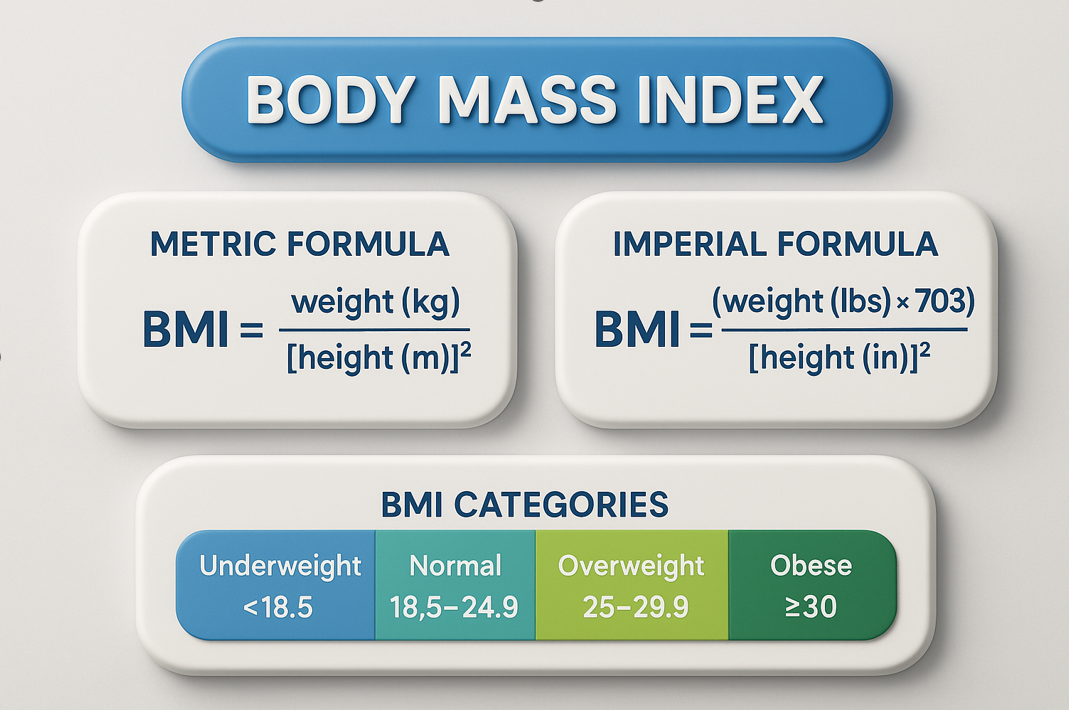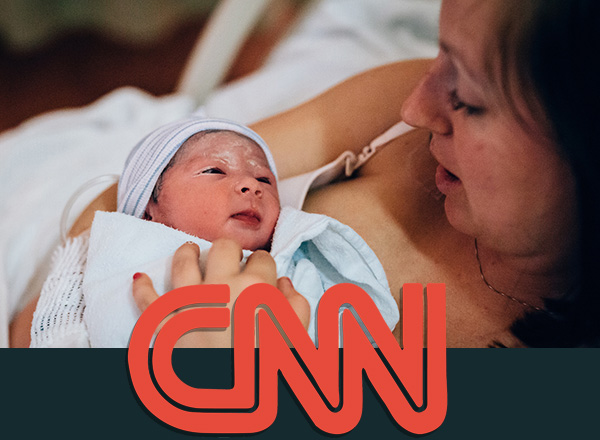How Lifestyle Choices Affect IVF Outcomes: A Doctor’s View

You’ve done everything right, and yet, IVF feels like a roll of the dice. What if your lifestyle holds the key to tipping the odds in your favor?
For many hopeful parents, IVF (in vitro fertilization) is more than just a medical procedure; it’s a deeply emotional journey filled with hope, anxiety, and sometimes heartbreak. But what if some of the most powerful factors influencing IVF success aren’t just in the lab or clinic, but in your daily life?
Let’s break down how your lifestyle choices, often overlooked in the whirlwind of fertility treatments, can make a real difference in IVF outcomes, from a doctor’s perspective.
1. Weight and BMI: Not Just Numbers on a Scale
Doctors have long observed that both underweight and overweight individuals may face more challenges with IVF. Why?
- Excess body fat can disrupt hormone balance, impacting ovulation and egg quality.
- Underweight individuals may have irregular cycles and reduced estrogen levels.
The sweet spot? A BMI between 18.5 and 24.9 seems to support the best outcomes. But don’t panic, small, sustainable lifestyle changes often go a
long way.
*Source - https://www.nhs.uk/conditions/obesity/
What is BMI?
BMI stands for Body Mass Index; it’s a quick way to estimate if your weight is in a healthy range based on your height and weight.
Here’s how it works:

BMI Categories:
- Underweight: Less than 18.5
- Normal (Healthy): 18.5 – 24.9
- Overweight: 25 – 29.9
- Obese: 30 or higher
Why BMI matters for IVF:
A BMI that’s too low or too high can affect hormones, ovulation, egg quality, and embryo implantation, all critical for IVF success.
2. Nutrition: More Than Prenatal Vitamins
Eating for fertility doesn’t mean adopting a trendy diet, it means nourishing your body to create the best environment for implantation and embryo development.
- A Mediterranean-style diet rich in healthy fats, leafy greens, lean proteins, and whole grains is linked to higher IVF success rates.
- Limit ultra-processed foods and excess sugar, which can increase inflammation and insulin resistance.
Doctor’s tip: Antioxidants (found in berries, nuts, and green tea) can protect egg and sperm quality.
3. Sleep: Your Secret Fertility Allya
Yes, even sleep plays a role. Studies have shown that women who consistently sleep 7–8 hours per night have better IVF outcomes than those with erratic or insufficient sleep patterns.
Why it matters: Poor sleep can disrupt your endocrine system, which governs hormone production, critical for everything from ovulation to embryo implantation.
4. Stress: Real, Measurable, and Manageable
While IVF is inherently stressful, chronic high-stress levels may negatively affect reproductive hormones and uterine receptivity.
- Practices like mindfulness, yoga, or even daily 10-minute breathing exercises can reduce cortisol levels.
- Support groups or fertility counseling can also make a significant difference.
Doctor’s perspective: Managing stress doesn’t guarantee success, but ignoring it may lower your chances.
5. Alcohol, Smoking, and Caffeine: Know the Limits
Doctors routinely advise avoiding smoking and limiting alcohol during IVF. But caffeine? It’s about moderation.
- Smoking impacts egg and sperm quality, reduces uterine blood flow, and accelerates reproductive aging.
- Alcohol consumption around the time of egg retrieval or embryo transfer may impair outcomes.
- Caffeine in high amounts may affect implantation. Aim for under 200 mg/day (about one regular cup of coffee).
6. Exercise: Find the Fertility Balance
Gentle to moderate exercise, like walking, swimming, or light yoga—can improve circulation, hormone balance, and stress levels.
But beware: Over-exercising, especially high-intensity routines, may disrupt ovulation or reduce implantation rates. The goal is to support, not stress, your system.
IVF Is Science, and Self-Care
IVF is a highly technical process, but your body is the soil in which that seed is planted. Your lifestyle, your choices, can nourish that soil and help create a more receptive environment for success.
As one fertility specialist put it: “While we can’t control every outcome in IVF, we can optimize every opportunity.”
You don’t have to make these changes overnight. Choose one or two areas to focus on first, and build from there. Because sometimes, the small steps you take outside the clinic can make the biggest difference inside it
IVF Success Checklist: Lifestyle Tips at a Glance
Body & Weight
- Aim for a healthy BMI (18.5–24.9)
- Consult with your doctor before any major weight loss or gain
Nutrition
- Follow a Mediterranean-style diet
- Eat more leafy greens, berries, lean protein, whole grains, and healthy fats
- Cut down on processed foods and added sugars
Sleep
- Get 7–8 hours of consistent, quality sleep each night
Stress Management
- Try meditation, yoga, or deep breathing exercises daily
- Join a support group or talk to a fertility counselor
Substances
- Quit smoking (both partners, if applicable)
- Limit alcohol (ideally avoid it during treatment)
- Keep caffeine under 200 mg/day (about one regular coffee) Or as per your doctor’s advice
Exercise
- Stay active with gentle to moderate exercise (walking, swimming, yoga)
- Avoid intense workouts during stimulation and post-transfer periods
General Wellness
- Stay hydrated
- Take your prescribed prenatal vitamins daily
- Stay on top of all fertility medications and appointments

